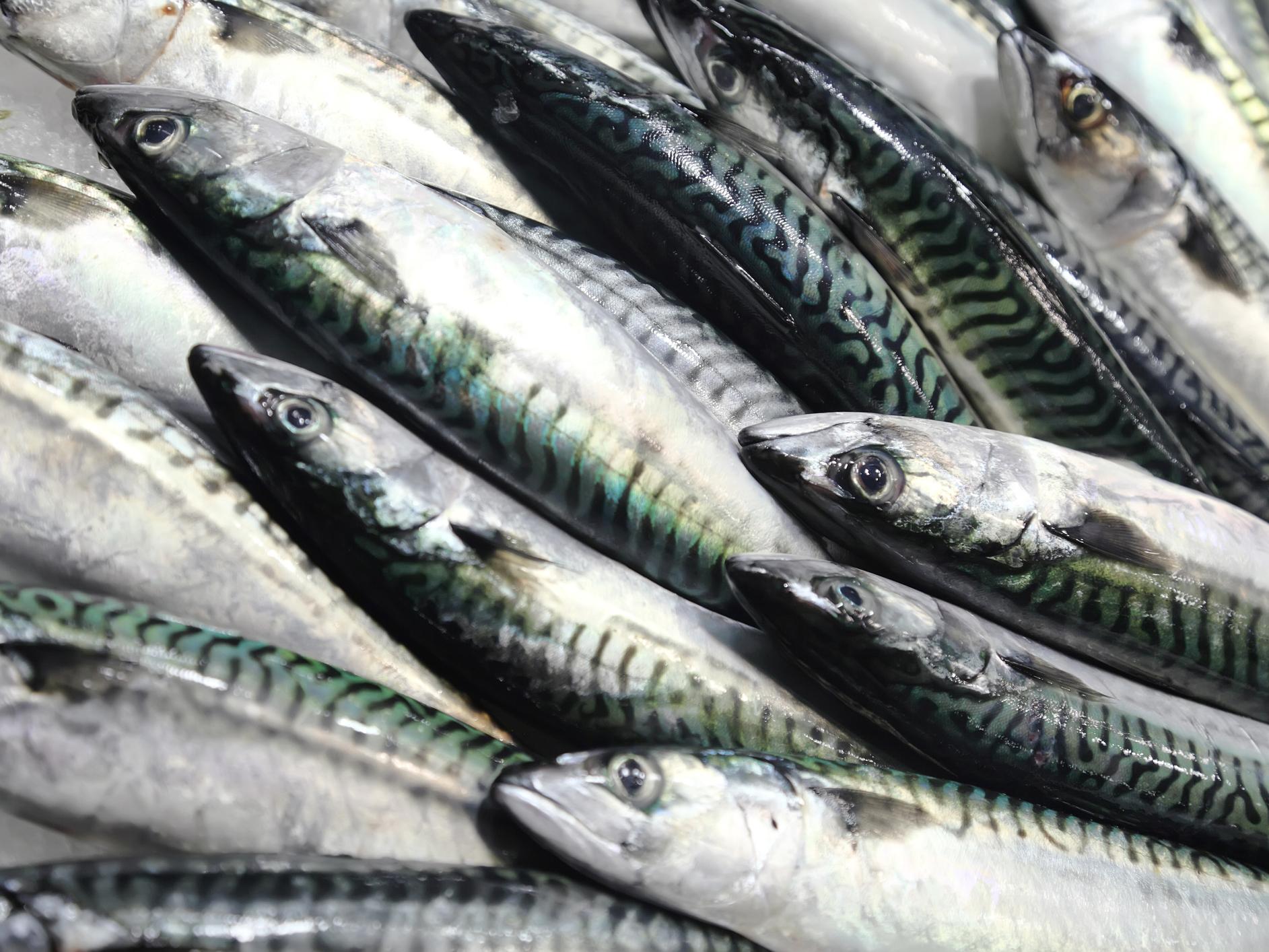British mackerel has sustainable status stripped after years of overfishing
'This news will be a disappointment for the fishermen as well as for mackerel loving consumers'

Your support helps us to tell the story
From reproductive rights to climate change to Big Tech, The Independent is on the ground when the story is developing. Whether it's investigating the financials of Elon Musk's pro-Trump PAC or producing our latest documentary, 'The A Word', which shines a light on the American women fighting for reproductive rights, we know how important it is to parse out the facts from the messaging.
At such a critical moment in US history, we need reporters on the ground. Your donation allows us to keep sending journalists to speak to both sides of the story.
The Independent is trusted by Americans across the entire political spectrum. And unlike many other quality news outlets, we choose not to lock Americans out of our reporting and analysis with paywalls. We believe quality journalism should be available to everyone, paid for by those who can afford it.
Your support makes all the difference.Britain’s most valuable fish stock has lost its sustainable status after overfishing has driven mackerel stocks to the brink of collapse.
As of this weekend, the Marine Stewardship Council (MSC) has warned people against purchasing mackerel caught in the North East Atlantic, which will no longer bear its “blue label”.
The body charged with assessing the health of wild fisheries said its decision came after stocks had crashed due in part to quotas that exceeded the best scientific advice.
Accounting for around a third of the seafood landed in the UK, the mackerel fishery is worth over £200m.
“This news will be a disappointment for the fishermen as well as for mackerel loving consumers,” said Camiel Derichs, Europe director for the MSC.
“However, factors including declining stocks, quotas set above new scientific advice and poor recruitment have combined to mean that the fisheries no longer meet the MSC’s requirements.”
The International Council for the Exploration of the Sea (ICES) states that mackerel populations have been in freefall since 2011, dropping from a high of 4.79 million tonnes to 2.75 million tonnes last year.
Council experts advised that current catches must be cut by over two thirds to allow the stock to recover to a sustainable level over the next two years.
Despite these warnings, the EU and neighbouring nations have consistently set quotas far higher than ICES guidelines.
A landmark policy shift coming to force next year will mean EU nations are legally bound to set quotas within a “maximum sustainable yield”, which should aid the recovery of fisheries.
However, there have been concerns in the UK that the government will not match this target after Brexit, putting fish populations in British waters at risk.
When the news was first announced in February, many mackerel sector figures said they were confident the MSC certification would not significantly impact the market, and would be reinstated by the time vessels began targeting mackerel again in the autumn.
“We are hoping that would happen pretty quickly, and certainly before the fishery begins again,” Ian Gatt, chief executive of the Scottish Pelagic Sustainability Group, told Undercurrent News.
Mackerel’s MSC certification has flipped back and forth in recent years, previously losing it in 2012 only to have it reinstated four years later.
Mr Derichs said he was confident that the relevant organisations would be able to work on a plan to improve the existing situation.
“There is already work underway to review the way mackerel stocks are assessed,” he said.
“The fisheries have confirmed that they will work with management authorities to, as appropriate, adopt measures enabling recovery of the stock.”
Join our commenting forum
Join thought-provoking conversations, follow other Independent readers and see their replies
Comments